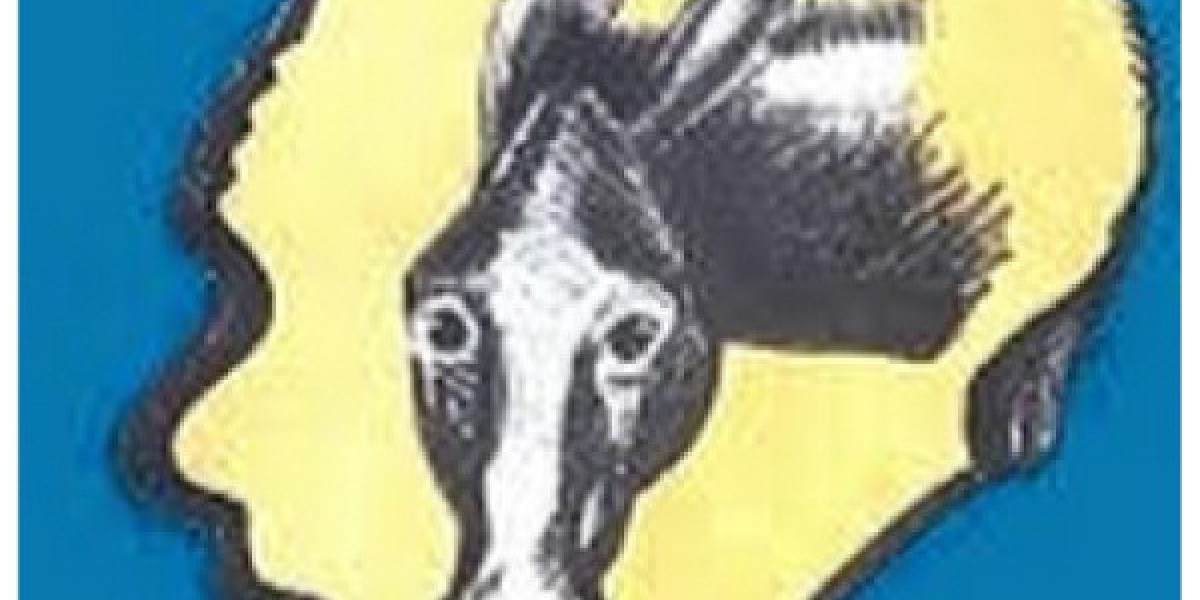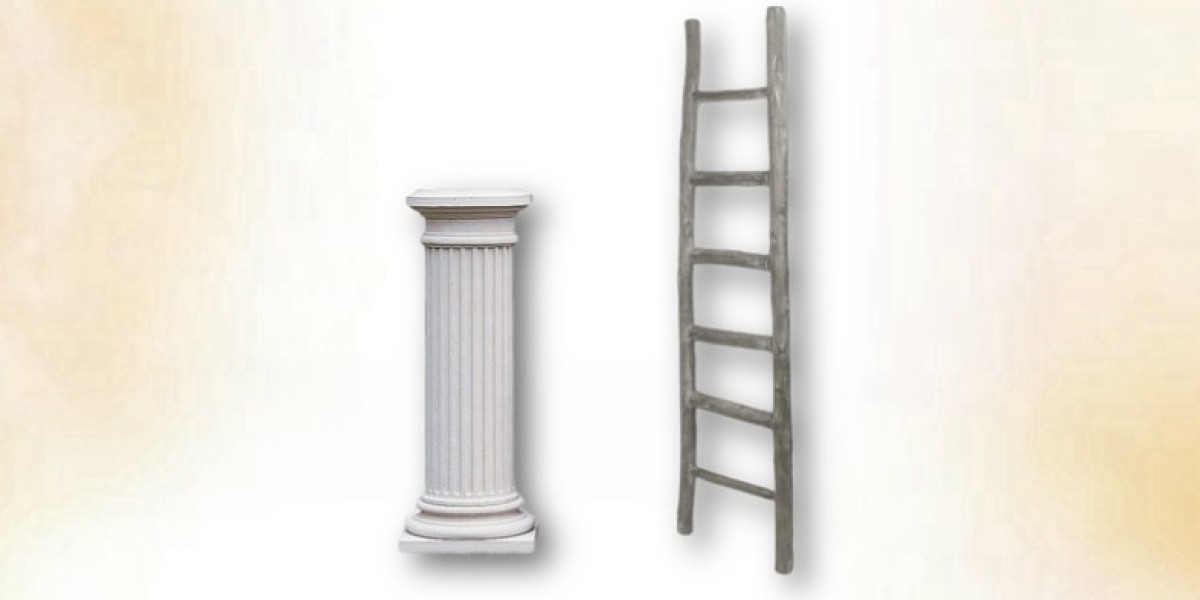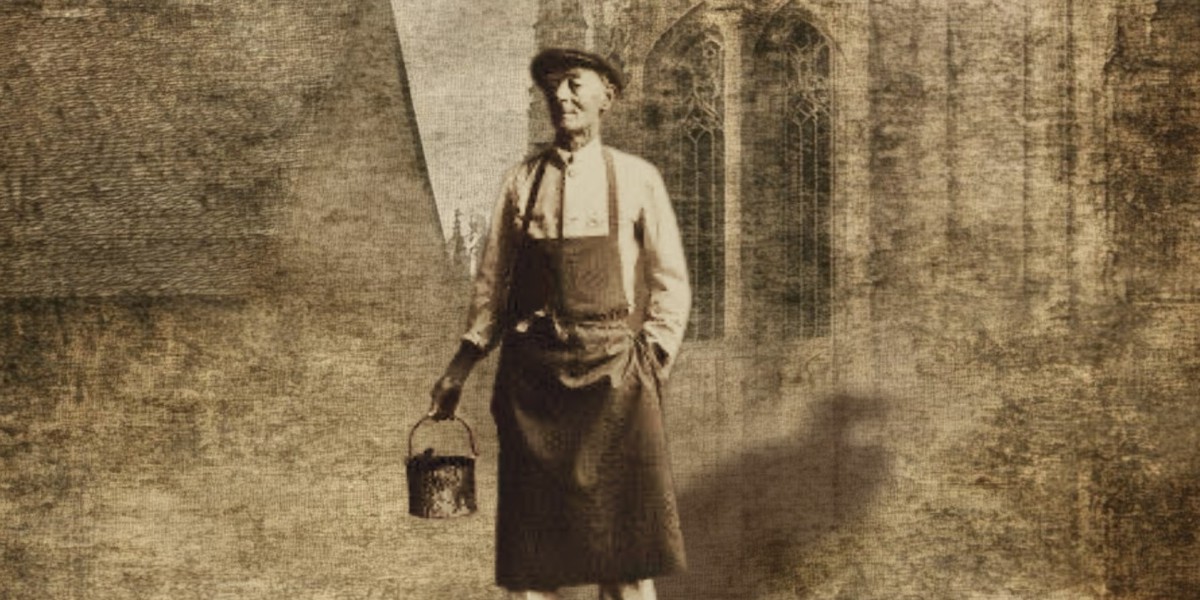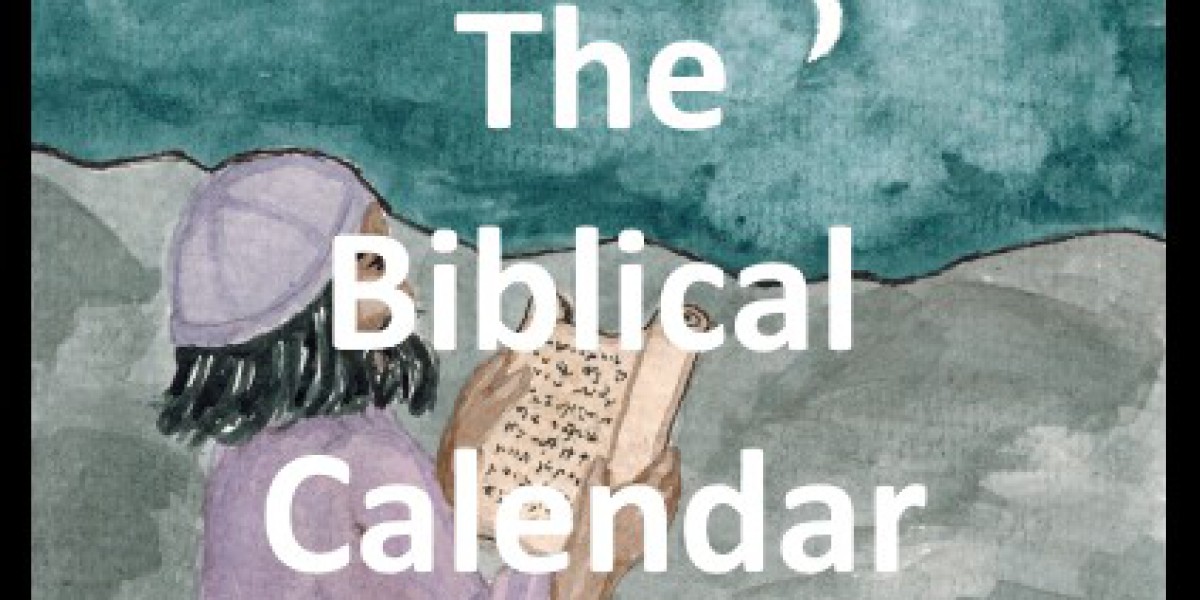The parables concerning the coming of the Son of Man
As an exercise in understanding, a question was posed to explain the parable of the ten virgins.
Now, it was posed that the ability to fully explain it to the level that Yeshua Himself explained the parable of the sower could rank the explainer higher in knowledge than the early church.
Thankfully i can’t do a full explanation, so i’m in no danger of attempting such ranking.
But, out of curiosity, i went and took a look at the passage.
And that made me want to write this article in reply.
This parable forms part of a series of parables, which are set down because this is what’s going on:
The background story
We start in matt 24, where Yeshua explains to the disciples that the buildings of temple will be thrown down, and they ask Him when these things will happen and what the sign of His coming and of the end of this age will be.
That’s quite an ask.
Yeshua explains that many things will happen during the birth pangs of the new age to come, and that these things He talks about will give an indication that the end is near.
But as to the day itself? He says
36No one knows about that day or hour, not even the angels in heaven, nor the Son, but only the Father.
He then explains it will be as in the days of noah, unexpected, and talks of two men, one who’ll be taken, the other left, and two women, one who’ll be taken, the other left, and He says
44For this reason, you also must be ready, because the Son of Man will come at an hour you do not expect.
And now the series of four parables come, illustrating what He’s explaining more clearly, each time something different, and in a different way.
The broad lines of each parable
The first parable looks at a single servant placed in charge of the household until the return of the Master, and shows the consequences of how that servant can decide to discharge his duties during his Master’s absence.
Upon the Master’s return, if the servant has been faithful and wise in discharging his duties, he will be put in charge of all the Master’s possessions.
If he has been wicked, he will be cut to pieces and assigned to a place with the hypocrites, where there will be weeping and gnashing of teeth.
The second parable looks at two groups (5 in each, making ten in total) of virgins waiting for the arrival of the bridegroom.
They all have lamps with them, burning away, and they all fall asleep while waiting for the bridegroom. And now, the consequences are based on whether they’d made preparations beforehand.
Upon the bridegroom’s arrival, the half of them had been wise and taken flasks with extra oil with them, went with the bridegroom to the wedding banquet.
The half of them that had been foolish and made no preparations were shut out of the banquet.
The third parable looks at three servants who are entrusted with their master’s possessions while he is away on a journey, divided among them according to their own abilities. Here, the consequences are based on what each servant did with what had been entrusted to him. The bar is set higher, did they produce more with it or not?
Upon the master’s return from his journey, the two servants who had produced more, according to their abilities, were placed in charge of many more things, and entered into the joy of their master. But the servant who had not produced according to his ability at all was thrown into the outer darkness, there where there will be weeping and gnashing of teeth.
The fourth parable looks at four… of course it doesn’t. Well, in a way it does.
The fourth parable (it is a parable) looks at all the nations gathered before the Throne of the Son of Man when He comes in His Glory.
And the consequences of how each and every person treated Him before He came in His Glory separates them into the sheep (who knows how many?) who are blessed by the Father and inherit the Kingdom prepared from the foundation of the world, and the goats (who knows how many) who are cursed and depart into the eternal fire prepared for the devil and his angels.
What you need to know to ‘get’ what’s going on
All through the Word there are subtle clues ‘hidden’ in plain sight, guiding one where else to go to to gain a deeper understanding of what’s being said.
This is not news, i’m just saying this before i go off somewhere else.
I’m gonna explain two things and then come back to the parables.
(I’m giving a breakdown of what i’ve gathered in my understanding elsewhere.
And then, when i carry on with the parables you can see what ‘unleashing’ that understanding on what one is studying can bring about)
The third parable shows the unproductive servant trying to excuse himself by bringing up the Master’s reaping where He had not sown, and gathering where He has not scattered seed.
Now, what parable does that bring to mind? Indeed, the very clearly explained parable of the sower. Which, what a coincidence, talks of four soils the seeds are scattered in. if you see the different soils as stages of soil development one is in when one receives the seed, you see the consequences to that seed’s growth if you remain in that stage of soil development and do not progress.
Hard ground, no fertile soil, to rocky with little depth of soil, to enough soil, but infested with ‘bad’ seeds too, hampering fruition, to the good soil bearing fruit at last.
Your soil IS in development. The sower sows, but there’s also a gardener taking care of the soil. Luke 13:5-8’s parable of the barren fig tree shows a soil that has not been producing for three years (or stages of soil development) and he’s taking one last shot at getting it improved enough (well, fertilizing it) so that the poor tree will bear fruit, or else.
Your soul is your soil.
The four cherubim who are the four living creatures before the throne who combined are the breath of the Breath that is the Spirit breathe soul into the dead clay of your body to make you a living being, a soul with a body.
(you’re gonna have to read my other article - Of body, soul and spirit, and more - to unpack that)
And your soul being an image of them has those four aspects of soil development reflected in it. The lion, the ox, the man and the eagle.
Which leah’s first shot at producing progeny for jacob also reflects, reuben/see, simeon/hear, levi/attach and judah/praise.
Which the journey of the israelites in the exodus from egypt to the promised land also reflect, being called from egypt, pushed through the wilderness, entering the promised land of israel at last, and then dithering before taking jerusalem, very much a story-interrupted, for us gentiles’ sakes.
I’m throwing all these connections at you, and i haven’t even started yet, the connections are everywhere, to show they all reflect, through symbolism, the meaning of names, the plot of epic stories, etc, these same four aspects of soil development your soul is going through.
Which these four parables are of course also referring to. Yes, i am going to get back to that.
Am i then just soil? Well, your body definitely is, hehe.
And the you that you consciously are, the soul that you are, is, SHOULD be busy with growing the seed sown in it, the seed of your spiritual body.
The seven seraphim who are the seven torches before the throne who combined make up the Breath that is the Seven-fold Spirit of God are what your spirit is an image of.
Surprise, in fact, i just surprised myself too, went and checked things up, if you want to say so who made our spirit? I could say ezekiel prophesied it into being (because ch 37 describes spiritual birth) but it’s actually YHWH doing it, which makes sense, it is the baptism of Yeshua which gives spiritual birth, after all.
And the Spirit only enters those dead bodies to live in them once they’re fully formed. When we die to ourselves at last, but that’s another story.
Isaiah 11:2 describes this Seven-fold Spirit that our spirit body is an image of.
The Spirit of the LORD will rest on Him—
the Spirit of wisdom and understanding,
the Spirit of counsel and strength,
the Spirit of knowledge and fear of the LORD.
And now i have enough background to explain what each stage of soil is busy with and what seeds are trying to grow, and then back to the parables.
The description of the spirit correlates with the description of the menorah, its three pairs of arms and stem. Now the spirit description works from inside out, the menorah description works from outside in. that’s the order to work with. The reason why is here isaiah’s prophetic voice speaks from up there to down here. We are down here looking up. These also correlate enough with the four soil stages of the soul to show the following.
So the first soil of the wild beast that is a lion which thinks it is king needs to see that the real king is the Lion of Judah, knowledge of YHWH, there in egypt out of which the spirit is then called. But if it doesn’t respond this dry knowledge is dead.
The second soil of the domesticated beast that is an ox, having knowledge of YHWH, now hears the counsel of the Law given in the wilderness, and needs to get through to canaan. but boy, those israelites didn’t have stamina. Only joshua and caleb.
The third soil of the man, by heeding the counsel the knowledge of YHWH gives now enters the promised land, renamed israel, and has gained the wisdom to attach himself to worship correctly, not those asherah poles and baals and all, oops.
The fourth soil of the eagle, when successfully gaining wisdom and understanding to (this may surprise you) properly give praise to YHWH in where else but jerusalem, is at last ready to bear fruit.
One last point. Each of the seven spiritual seeds does not correlate exactly to a stage of soil.
Each seed in fact has in its own turn to go through all those stages of growth. But let’s keep it simple to make things clear.
Ok, so now, what’s going on?
Only a bit of these parables are reflected in mark and luke. The is given completely in matthew (just as the sermon on the mount is, for instance) because the four gospels ALSO reflect the stages of progression, and matthew as first is basically all about imparting knowledge, giving definitions etc.
The first parable has the servant put on charge of giving the other servants their food at the proper time. And he has to choose between doing that or not.
If i say to you that knowledge is food, the consumption thereof bringing sustenance and growth, you can understand the analogy?
This boils down to nothing more than reading the Word. if you don’t read, you’re not feeding the other servants in the other stages, they have nothing to work with, and that has bad consequences for their soils, the other stages of your soul development.
Your spiritual seed of knowledge is not growing, and that needs to grow for the seed of the fear of the LORD to grow, and those two are super necessary for the next stage.
You’re being called out of egypt, respond to the call! Read! Feed your fellow servants!
Now, while we are shown that each person can choose one way or the other, we are in fact not being given any indication of how many people choose to be faithful servants, and how many choose to be wicked servants.
The second parable has two groups of 5 virgins, one group having stored oil for when they run out, the other not.
The fruit of the knowledge seed given by the servant of the first parable sustaining these virgins, and the fruit of the fear of the LORD ‘encouraging’ them to work at their endeavour to grow the seeds of counsel and strength, sees the wise virgins storing up enough oil.
The counsel is contained in the 5 books of the Torah, the Law, and following it grows that seed of counsel, which allows the seed of strength to grow, the strength that builds from following good counsel. That strength is the oil needed for the lamps to burn.
So this group took the 5 books and applied what they found (heard) in them.
The other group took the 5 books in, but did not apply what they heard, and so didn’t build up a store of oil.
Let me show something. Isaiah 41
19I will plant cedars in the wilderness,
acacias, myrtles, and olive trees.
I will set cypresses in the desert,
elms and boxwood together,
20so that all may see and know,
may consider and understand,
that the hand of the LORD has done this
and the Holy One of Israel has created it.”
Seven trees, corresponding to the seven aspects of the spirit. In order, the cedar of knowledge, the acacia of fear of the LORD (which the ark of the covenant is made of),
Etc. the fourth tree, of strength, is of the olive tree…
Follow the counsel of the Word, build up your strength for when you inevitably fall asleep waiting for yourself to grow. It seems to take so long to improve the soils.
Push yourself through the wilderness to get to the soil of the promised land!
We are being told half do this, half don’t. Of the unknown amount who were faithful in the first parable stage.
The third parable has three servants receiving talents according to their abilities.
Following the counsel that knowledge thereof has given one the ability to, according to one’s abilities, produces wisdom, you start being able to judge for yourself.
A talent indeed. But now you need to exercise that judgement in your life, and gain more wisdom in the process, which will lead to better understanding of things.
You’re expected to, and failure to do so is not acceptable. Don’t complain, btw, you do not get to choose. Not if you want to make it.
How do you judge your fellow israelites (and foreigners for that matter), and your interactions with them? All in keeping with the Law received, of course. Hint - mercy is an excellent judgement call!
YHWH’s children are the israelites, attach yourself to them, therefore to Him.
A third of the half of the unknown amount who were faithful in the first parable stage don’t do this.
Yet still, here through being choked, the seed does not bear fruit yet. We’re at the stage where the gardener asks for one more year of fertilization…
The fourth parable has everybody gathered before the throne and a separation takes place.
This is based on how well one has improved one’s soils, to be able to nurture those first six seeds, which now has or hasn’t improved the most important soil to grow this last seed, the Spirit of the LORD.
And it takes nothing less than the great commandment and shows what that’s actually all about.
Just because i’m a confused puppy looking at some other confused puppy doesn’t mean i can blind myself to the fact that the Father is in everything, and the Son being in the Father, likewise, and so whatever i do to whomever, i do to the Father.
The reason i state it like that is we know all along everything is from the Father, yet somewhere in our development we take over ownership of ourselves, in our thoughts, that is.
Oef, let me get out of preachermode.
Here, in the fourth stage, we have a very different type of parable, fittingly. For the gospel of john stands apart from the synoptics, doesn’t it? As does the eagle from the land-locked creatures. And jerusalem from the nations.
Oh, in the fourth stage we do have four…nations, egypt wilderness (which is also known as assyria, don’t sweat it, or i’ll yak more at you) israel and jerusalem. Every other nation is basically a subset of one of these. This is just a btw.
And we see the seven fold aspects reflected again.
We’re in matt 25, need i say.
35For I was hungry and you gave Me something to eat, I was thirsty and you gave Me something to drink, I was a stranger and you took Me in, 36I was naked and you clothed Me, I was sick and you looked after Me, I was in prison and you visited Me.’
I need to explain more to fully break this down, i won’t, because you should be able to see enough already in the hunger and thirst (for knowledge) in the first pair, the first soil, the stranger that one is in the wilderness and the nakedness of still being an animal (ox, and since when do animals wear clothes) in the second pair, the second soil, the sickliness of misapplied judgement and the prison one’s in without correct understanding of things of the third pair, the third soil.
And..wait a second , that’s only six.
44And they too will reply, ‘Lord, when did we see You hungry or thirsty or a stranger or naked or sick or in prison, and did not minister to You?’
This is coming from the goats.
And there you see the fourth soil, the stem of the menorah, the seventh aspect, so different from the rest.
Just as the description of the seven aspects has the other six encompassed in the most important one (the Spirit of the LORD), so it applies here. They ask when did they not minister to Him.
What does one do in jerusalem but minister to the LORD, in fact, give praise to the LORD?
Understanding that what you’re doing when you’re doing the other six things properly IS expressing your praise to the LORD is a good thing.
Thank you for reading.






